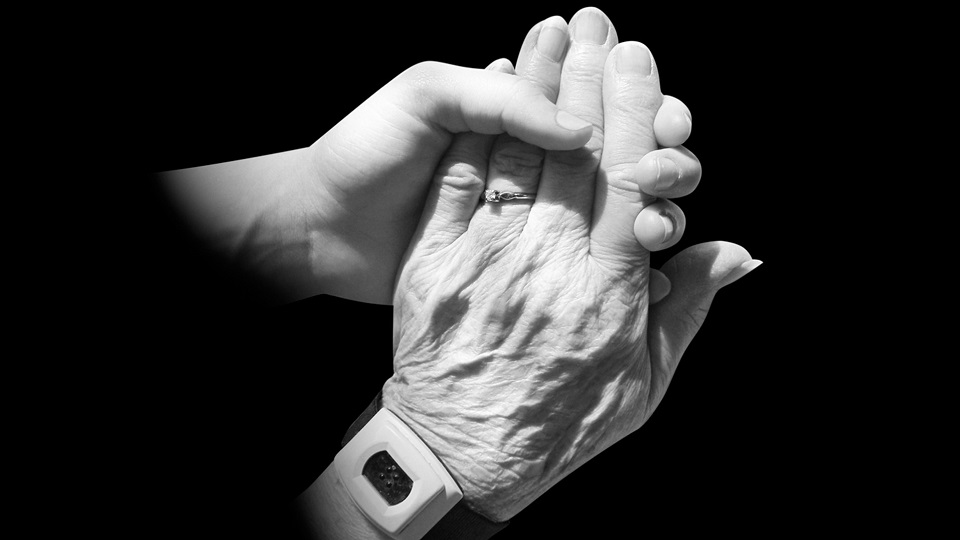Cancer treatable even for elderly patients
Published: 27 Mar 2018

Cancer is an illness often associated with morbidity and death, and is becoming increasingly common in Singapore especially amongst the elderly. It is estimated that 80% of geriatric populations will experience at least one or more of various chronic illnesses, which includes cancer, alongside other conditions such as cardiovascular diseases and stroke.
This is a major cause for concern, as more than 20 per cent of our local population will be considered geriatric when they are eventually above the age of 65 by 2030, based on the World Health Organisation (WHO)’s definition of an older person.
Yet, being diagnosed with cancer in old age does not automatically equate to a death sentence, according to Assistant Professor Angela Pang from NUS Medicine, despite cancer being the leading cause of death in Singapore and evidence showing that the risk of developing cancer increases with age. Asst Prof Pang is also a consultant from the Department of Haematology-Oncology at the National University Cancer Institute, Singapore (NCIS).
With proper diagnosis and guidance from a dedicated team of healthcare professionals and the support of their family members, older cancer patients will be able to receive and tolerate the necessary appropriate cancer treatment.
Although the treatment process for cancer varies for different types of cancer, and that the elderly are generally more prone to the development of side effects such as infections and fatigue, healthcare professionals will be able to attend to any functional impairments or medical problems and tailor treatments accordingly.
“We expect to see more patients who are able to receive and tolerate the appropriate cancer treatment, even in their old age. All they require is a dedicated team to guide them and family members to support them through their cancer journey,” according to Asst Prof Pang.
In view of the increasing number of elderly cancer patients, NCIS plans to pilot a new clinic specially designed to cater to the needs of these patients. Unlike regular cancer clinics, the pilot clinic will offer comprehensive geriatric assessments to pay careful attention to the various needs of older patients.
News Coverage

